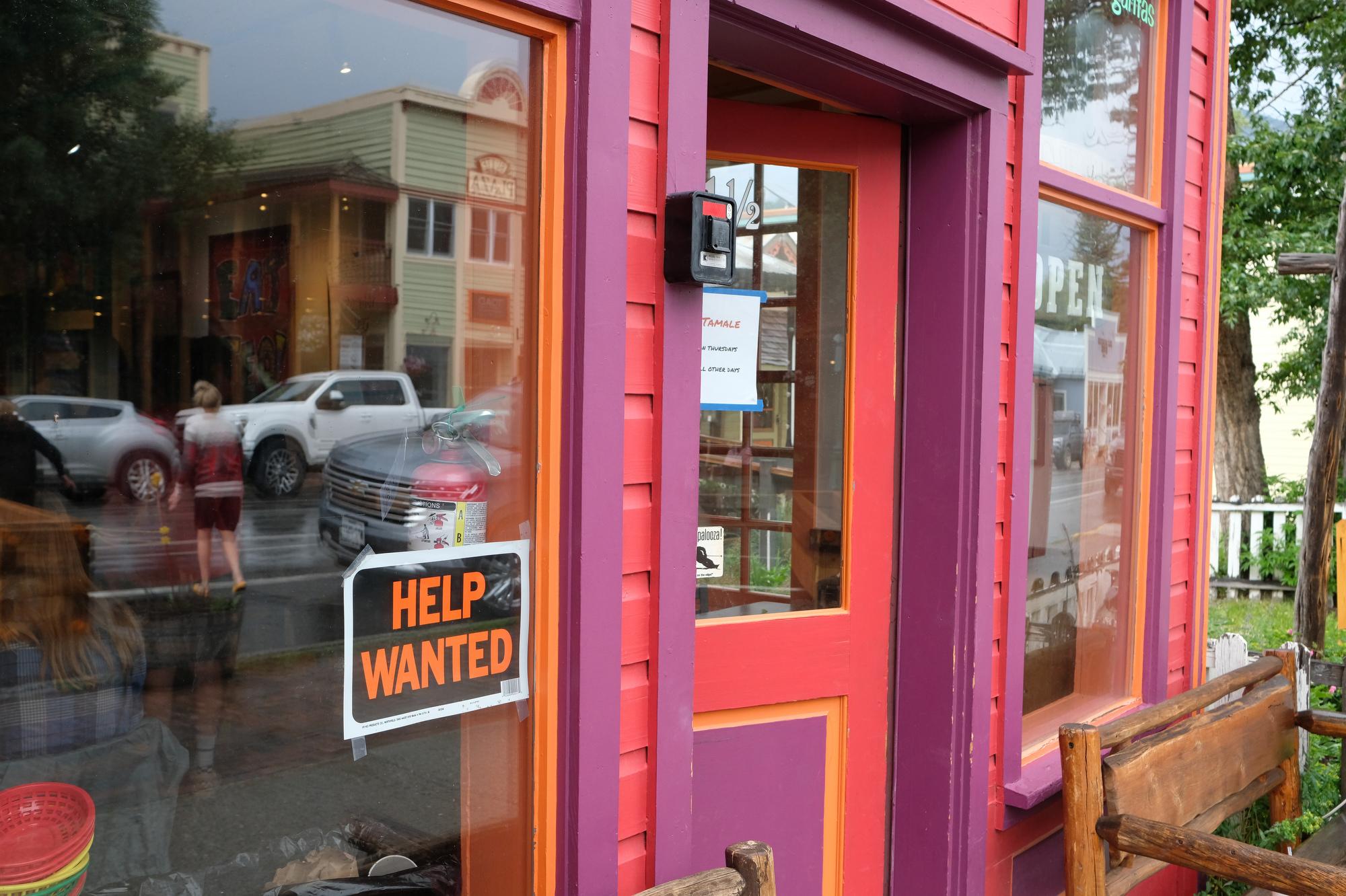
Colorado’s minimum wage will jump to $13.65 per hour next year — an 8.68 percent increase — amid persistent inflation.
The new hourly wage will take effect January 1, according to the state’s department of labor and employment. The annual adjustment, based on the consumer price index in Denver, Aurora and Lakewood, is written into the state’s constitution. In Denver, the minimum wage will rise to $17.29 per hour next year, up from $15.87.
Businesses and consumers are struggling with the highest inflation in 40 years. The Federal Reserve is raising interest rates in an effort to slow price gains, but costs for many goods and services are still climbing. On Tuesday, the U.S. Labor Department said the consumer price index rose 8.3 percent in August compared to last year, dashing hopes that the reading would show inflation receding. Food and housing costs were big contributors to the most recent gains.
Pegging minimum wage to inflation is helpful for workers, but it doesn't help families recoup the higher costs they’ve already absorbed, according to Paula Cole, a professor of economics at University of Denver.
“It doesn’t offset the pain that workers were feeling this year because of prices being higher now,” Cole said.
Moreover, the tight labor market means that a lot of service jobs are already paying above the minimum wage, she said, and the annual increase won’t affect those wages. The increase will likely be felt most in rural areas where pay tends to be lower, she said.








